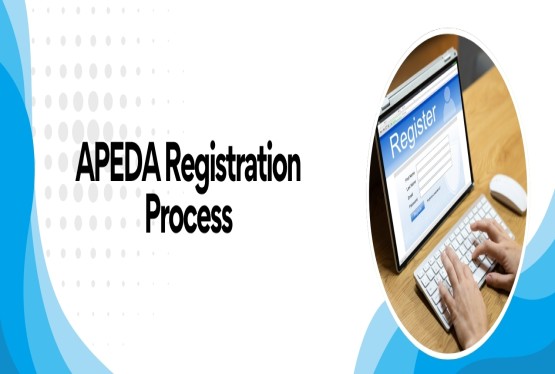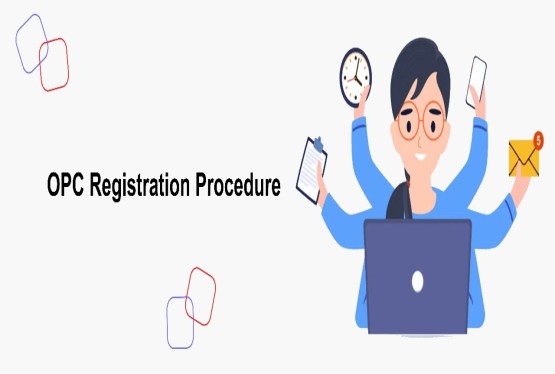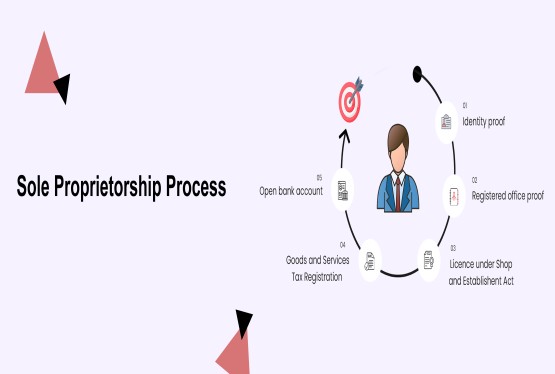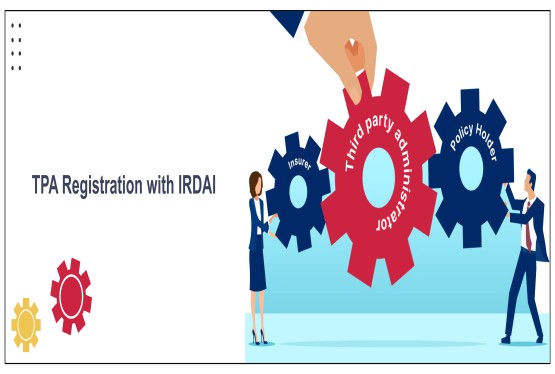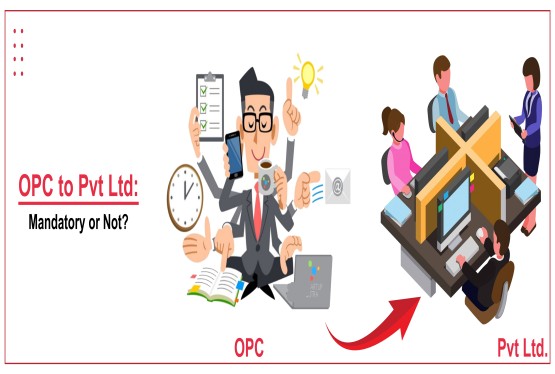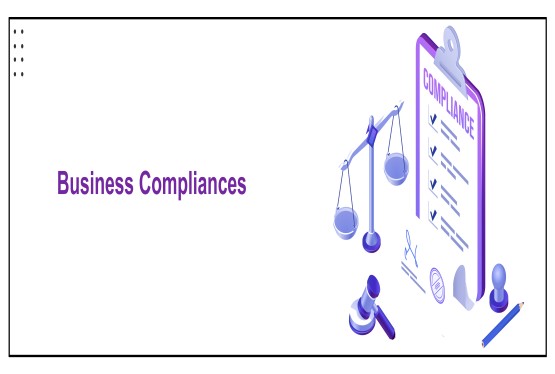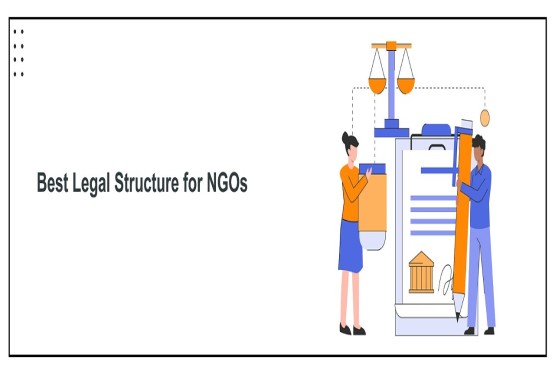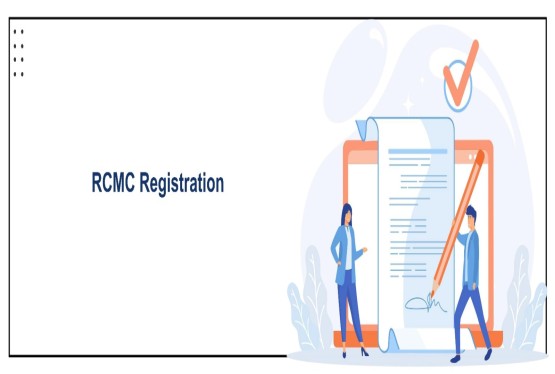The Real Estate (Regulation and Development) Act, 2016, popularly known as RERA, was introduced to reform and regulate the real estate sector in India. Enforced at the state level through the Real Estate Regulatory Authority (RERA), the Act addresses longstanding concerns such as project delays, lack of transparency, and misuse of funds by developers. With the real estate sector contributing significantly to the national economy approximately 7.3% of India's GDP and projected to reach $5.8 trillion by 2047 there was an urgent need for a structured legal framework. RERA registration plays an important role in bringing accountability, protecting the interests of homebuyers, and fostering trust in real estate transactions. This article outlines the detailed procedure for RERA registration, highlighting its importance, the documentation required, and how it streamlines real estate dealings.
What is RERA Registration?
RERA Registration is a compulsory process mandated under the Real Estate (Regulation and Development) Act, 2016, which requires all real estate promoters and agents to register their projects with the respective State Real Estate Regulatory Authority before they can advertise, market, book, sell, or offer any plot, apartment, or building to buyers.
This registration is not just a formality it plays a crucial role in bringing transparency, efficiency, and accountability to the real estate sector. By ensuring that only registered projects are allowed to operate, RERA protects the interests of homebuyers, reduces the risk of fraud, and promotes timely project completion. It also helps buyers access key project details such as timelines, layout plans, approvals, and financial disclosures through a centralized online portal managed by each state authority.
In short, RERA registration is a legal protection that builds trust between buyers and developers, while promoting fair practices across the real estate industry.
Objective of RERA Registration
The primary aim of RERA registration is to bring reform, discipline, and trust to the real estate sector. It focuses on protecting homebuyers while promoting fair practices among developers and agents. The key objectives include:
-
Enhancing Transparency and Accountability: To ensure that all information related to real estate projects is disclosed clearly to consumers, protecting their rights and interests.
-
Establishing a Dispute Resolution Mechanism: To resolve grievances effectively through dedicated authorities and a structured legal framework.
-
Minimizing Fraud: To curb deceptive practices in the sector by enforcing compliance and penalizing non-registered promoters or agents.
-
Reducing Delays: To ensure timely delivery of real estate projects through monitoring and legal accountability.
-
Bringing Professionalism and Standardization: To streamline real estate operations by promoting ethical practices and operational standards.
-
Promoting Good Governance: To create awareness among stakeholders and encourage a more regulated and responsible approach in the sector.
-
Easing Transactions: To assign clear responsibilities to both promoters and buyers, making real estate transactions more reliable and efficient.
-
Setting Up an Appellate Tribunal: To provide a legal platform for appeals against the decisions or directions issued by the RERA authority.
Learn more about Benefits of RERA Registration.
Documents Required for RERA Registration
The documentation required for RERA registration varies based on the type of applicant Promoters (developers) or Real Estate Agents. Proper documentation is important to avoid delays, rejections, or compliance issues during the RERA registration process.
For Promoters (Developers)
If the Promoter is an Individual:
-
PAN Card
-
Aadhaar Card or other valid ID proof
-
Passport-size photograph
-
Income Tax Returns (ITRs) of the last 3 financial years
-
Audited balance sheet (for the last financial year)
-
Affidavit-cum-declaration confirming legal title, project timelines, and fund usage
-
Details of previous project experience (if any), including status and completion timelines
If the Promoter is a Company (Private Limited / LLP / Partnership):
-
PAN Card of the company
-
Memorandum of Association (MOA) and Articles of Association (AOA)
-
Corporate Identification Number (CIN) and Tax Deduction and Collection Account Number (TAN)
-
Registered office address proof
-
Audited financial statements for the past 3 years
-
Directors' Report for the last 3 years
-
Details and passport-size photographs of directors or authorized signatories
Project-Specific Documents (Applicable to All Promoters):
-
Legal title deed proving ownership of the land
-
Encumbrance Certificate (EC) to confirm the land is free from legal dues
-
Commencement Certificate issued by the competent authority
-
Approved layout and building plans
-
Location and layout details of the proposed project
-
Project execution plan, including timelines and stages
-
Details of development works, infrastructure, and amenities
-
Estimated project cost and source of funding
-
Escrow account details (for 70% of collected funds as mandated under RERA)
-
Consent agreement with the landowner (if the promoter is not the landowner)
-
Names and addresses of associated professionals such as architects, structural engineers, and contractors
For Real Estate Agents
If the Applicant is an Individual:
-
PAN Card
-
Aadhaar Card or other valid address proof
-
Passport-size photograph
-
Income Tax Returns for the past 3 financial years (if applicable)
-
Business address proof
-
Details of any pending or past legal cases related to real estate dealings
-
Self-certified copies of business materials such as letterheads, rubber stamps, and invoices
If the Applicant is a Company / Partnership Firm / LLP:
-
PAN Card of the entity
-
Certificate of Incorporation or registration
-
MOA & AOA / Partnership Deed / LLP Agreement
-
Company address proof
-
Details and photographs of partners/directors/authorized representatives
Process of RERA Registration in India
The RERA (Real Estate Regulatory Authority) registration process in India is designed to ensure transparency and accountability in the real estate sector. While the procedure may vary slightly across different states and Union Territories, the overall process follows a similar online framework. Here’s a step-by-step breakdown of how promoters (developers) and real estate agents can obtain RERA registration:
Visit the Respective State’s RERA Portal
The first step in the RERA registration process is to visit the official RERA portal of the respective state or Union Territory where the project or real estate business is located. Since RERA is implemented at the state level, each state maintains its own dedicated website to manage registrations, documentation, fee payments, and compliance activities. These portals serve as the central online platform for both promoters and real estate agents to initiate and complete their RERA registration process. For instance, applicants in Maharashtra must visit https://maharerait.mahaonline.gov.in to begin their registration. It is important to ensure that you access only the government-authorized portal of the concerned state to avoid delays or incorrect filings.
Create an Account
After accessing the respective state’s RERA portal, the next step is to register as a new user. Applicants must begin by selecting the appropriate category Promoter or Real Estate Agent based on their role in the real estate sector. Once the category is selected, the applicant is required to fill in basic contact details such as email address, mobile number, and name, which will be used for further communication and login purposes. Upon successful registration, login credentials are generated, allowing the applicant to access the portal and proceed with the application process. It is important to enter accurate information, as all future updates and official correspondence from the RERA authority will be sent to the registered contact details.
Fill in the Online Application Form
Once registered on the RERA portal, the applicant must proceed to fill out the online application form by providing detailed information based on their role. Promoters are required to enter comprehensive details about their real estate project, including the type of project (residential or commercial), exact location, total project area, ownership and legal title of the land, sanctioned plans, estimated timelines for completion, and relevant financial disclosures. On the other hand, real estate agents must provide their personal or business details, such as the name and type of the firm (if applicable), registered office address, contact information, and professional qualifications or experience in the real estate sector. Accuracy and completeness at this stage are crucial, as the information forms the basis of the registration approval.
Upload Required Documents
Once the application form is filled, the applicant must upload all the necessary documents as per their category Promoter or Real Estate Agent. These documents help verify the applicant’s identity, project details, and legal ownership. For promoters, this typically includes ID and address proof, PAN card, approved project layout and building plans, legal title deed of the land, and company documents such as the Certificate of Incorporation, MOA, and AOA (if applicable). They may also be required to submit past project details and financial records. Real estate agents need to upload personal or business identification documents, address proof, photographs, and company incorporation documents, depending on whether they are registering as individuals or firms. Submitting accurate and complete documents is crucial for smooth processing and timely approval.
Pay the Registration Fee
After uploading all the required documents, the applicant must proceed to make the prescribed registration fee payment through the online payment gateway available on the respective state’s RERA portal. The fee structure differs based on the applicant type. For promoters, the fee is generally calculated based on the total area or size of the real estate project, and the rate may vary depending on whether the project is residential, commercial, or mixed-use. For example, some states charge a per square meter rate, which increases with the size of the project. In the case of real estate agents, a fixed registration fee is applicable, which also varies from state to state and depends on whether the applicant is registering as an individual or a company. It is important to review the applicable fee schedule provided on the state RERA website to ensure accurate payment, as incomplete or incorrect payment may delay the registration process.
Submit the Application
Before final submission, it is essential for the applicant to carefully review all the information and documents provided in the application form. This includes checking the accuracy of personal or business details, verifying that all project-related data is correctly entered, and ensuring that the uploaded documents are clear, complete, and in the required format. Any mistakes or missing information can lead to delays, rejections, or the need for resubmission. Once everything has been thoroughly cross-checked, the applicant can submit the completed application form through the online RERA portal of the respective state. After submission, the application moves to the verification stage, where it is reviewed by the regulatory authority for compliance and completeness.
Application Verification by Authority
The state RERA authority will scrutinize the application and may request clarification or additional documents. As per the RERA Act, the authority must either approve or reject the application within 30 days of submission.
Issuance of Registration Certificate
Upon approval, the applicant receives a RERA Registration Certificate along with a unique registration number. This confirms their eligibility to operate legally in the real estate market under the RERA framework.
Conclusion
RERA registration is an important step toward ensuring transparency, accountability, and professionalism in the Indian real estate sector. Whether you are a promoter developing a project or a real estate agent facilitating transactions, complying with RERA norms builds credibility and instills confidence among buyers and investors. The streamlined online registration process, coupled with mandatory disclosures and legal safeguards, marks a significant shift toward organized real estate governance. By following the prescribed steps right from creating an account on the respective state portal to submitting the required documents and fees applicants can successfully obtain their RERA registration and operate within a legally compliant and consumer-friendly structure. Ultimately, RERA not only protects the interests of homebuyers but also helps developers and agents foster long-term trust and sustainability in their real estate operations.
Frequently Asked Questions (FAQs)
Q1. What is RERA registration, and who needs to obtain it?
Ans. RERA registration is mandatory for all real estate promoters and agents under the Real Estate (Regulation and Development) Act, 2016. Promoters must register their projects before advertising, marketing, or selling, and agents must register before facilitating any real estate transaction.
Q2. Is RERA registration required for ongoing or completed projects?
Ans. Yes, ongoing projects that have not received a completion certificate before the commencement of the RERA Act must also be registered. Completed projects with valid completion certificates are generally exempt.
Q3. What happens if a promoter or agent fails to register under RERA?
Ans. Operating without RERA registration is a punishable offense. It may lead to penalties, fines, and even imprisonment under the Act. The promoter or agent will not be allowed to legally market or sell their property.
Q4. How long does it take to get RERA registration?
Ans. The respective State RERA Authority is required to either approve or reject the application within 30 days from the date of submission, provided all documents and details are in order.
Q5. Is RERA registration required in all Indian states?
Ans. Yes, RERA is implemented across all states and Union Territories in India. However, each state has its own RERA portal and may have minor procedural variations.
Q6. What is the validity of RERA registration?
Ans. For real estate agents, registration is typically valid for 5 years, subject to renewal. For promoters, the registration is valid till the declared completion date of the project and must be extended if the project is delayed.
Q7. How is the registration fee calculated under RERA?
Ans. For promoters, the fee is based on the total area of the project and may differ for residential, commercial, and mixed-use developments. For agents, a fixed fee is charged depending on whether they are individuals or companies, and this varies by state.
Q8. Can the application be edited after submission?
Ans. Once the application is submitted, changes may only be made if the authority requests corrections or clarifications. It's advised to review all details thoroughly before submission.
Q9. Are there any exemptions from RERA registration?
Ans. Yes, small-scale projects (typically under 500 square meters or with fewer than 8 units) and projects with a valid completion certificate issued before RERA’s enforcement are generally exempt.
Q10. Where can I find the RERA portal for my state?
Ans. Each state has a dedicated RERA website. You can search online for “[State Name] RERA portal” or visit the Ministry of Housing and Urban Affairs (MoHUA) website for a consolidated list of state portals.












_crop10_thumb.jpg)





_crop10_thumb.jpg)




























-Form_crop10_thumb.jpg)

_crop10_thumb.jpg)























_learn_crop10_thumb.jpeg)
































_crop10_thumb.jpg)

_crop10_thumb.jpg)





















_crop10_thumb.jpg)















_for_Foreign_Directors_learn_crop10_thumb.jpeg)




_Act,_2015_learn_crop10_thumb.jpg)



































_learn_crop10_thumb.jpg)











